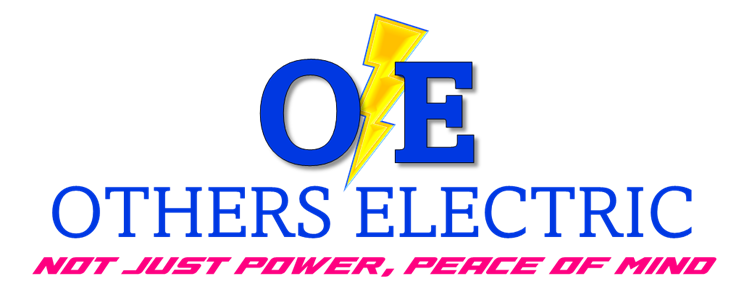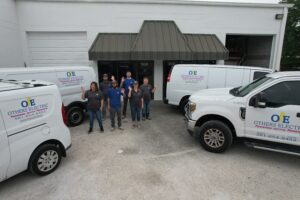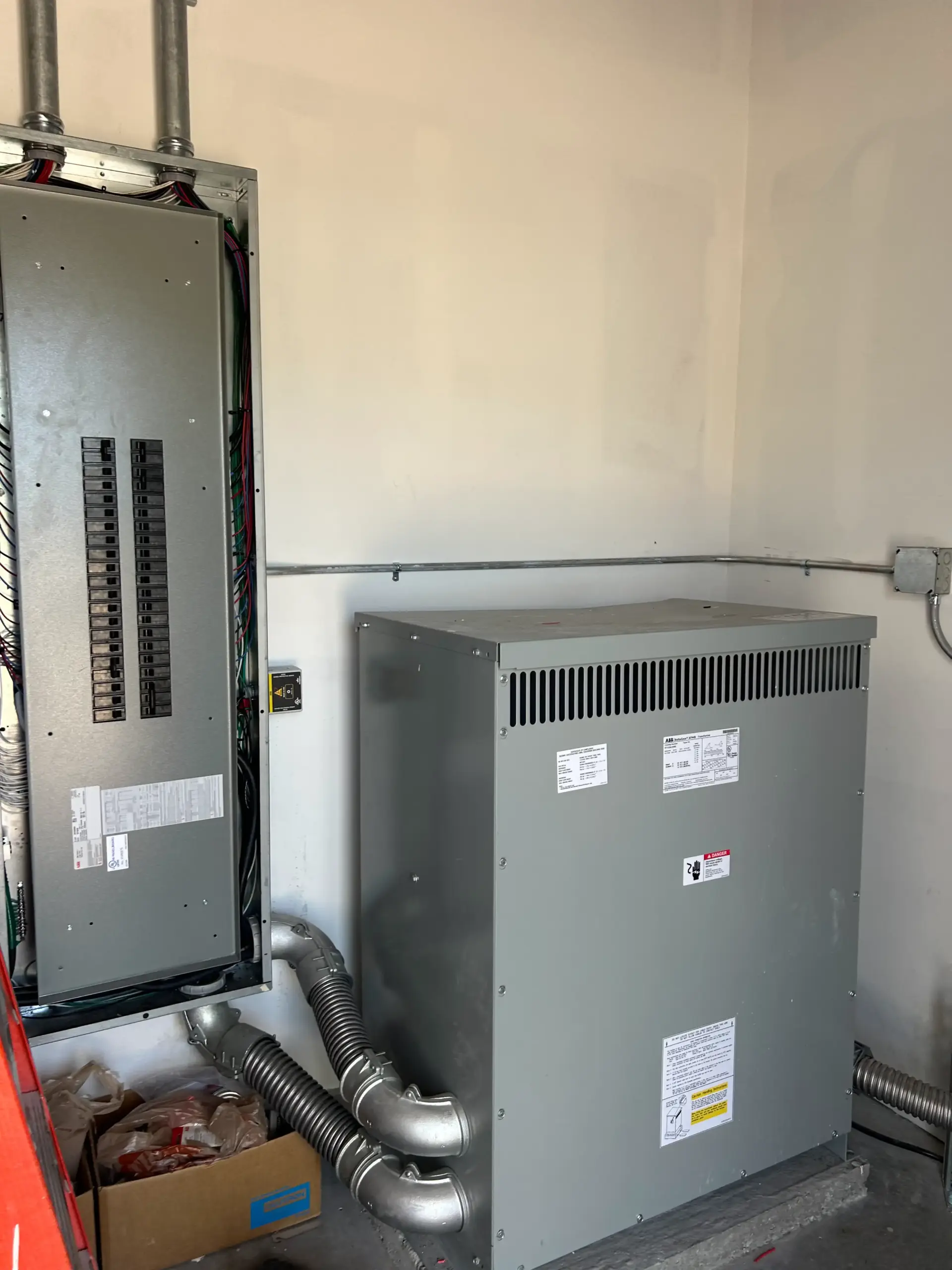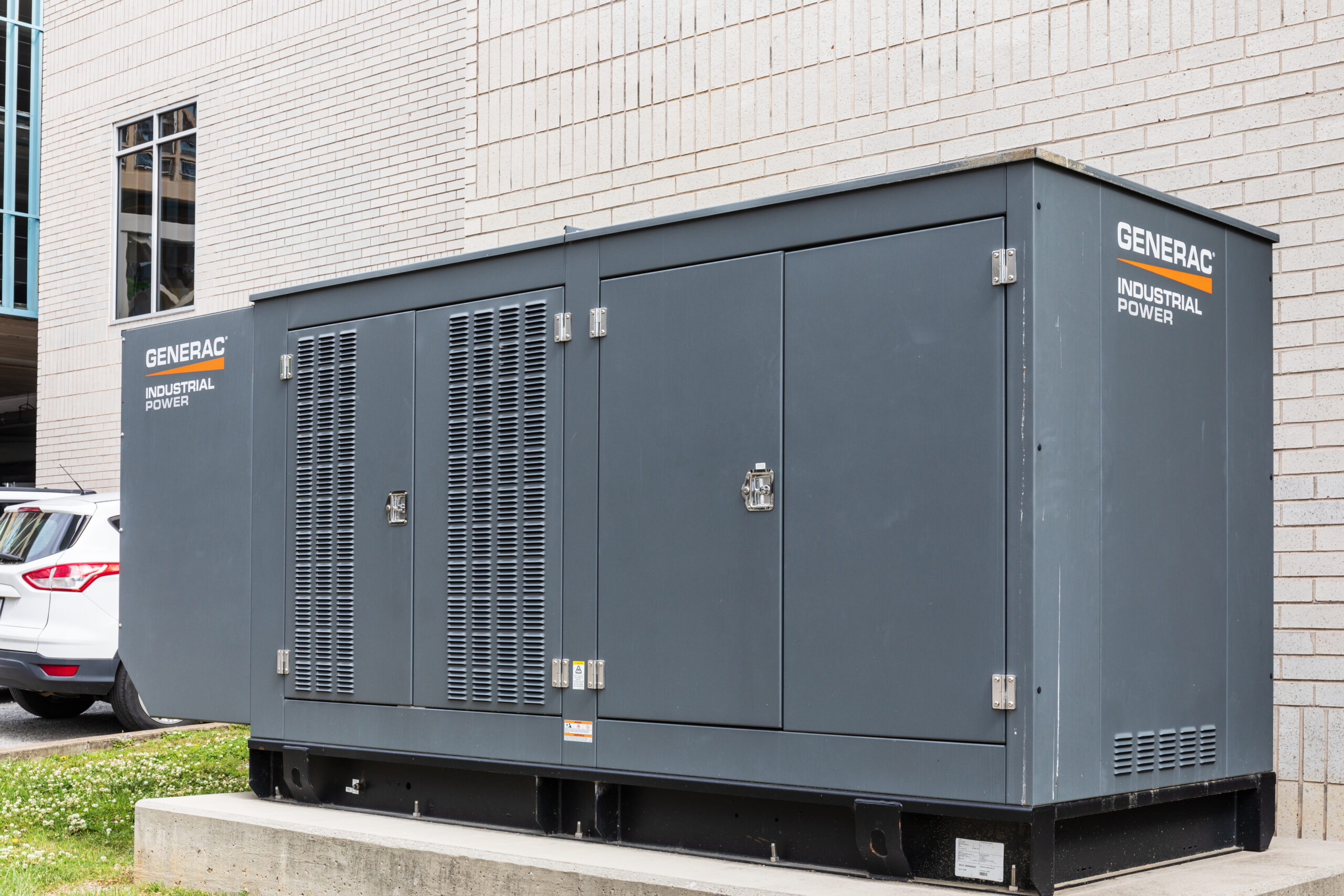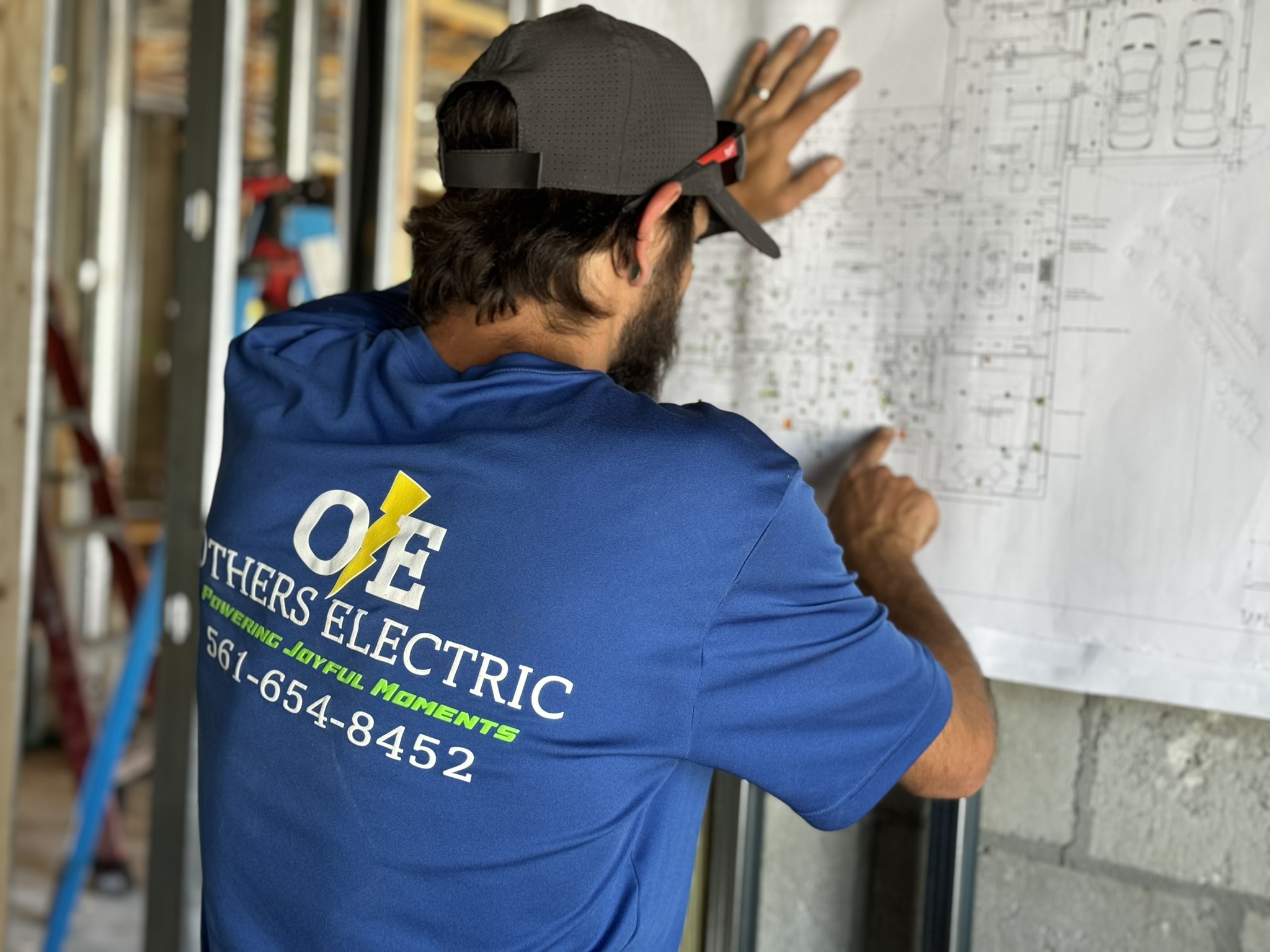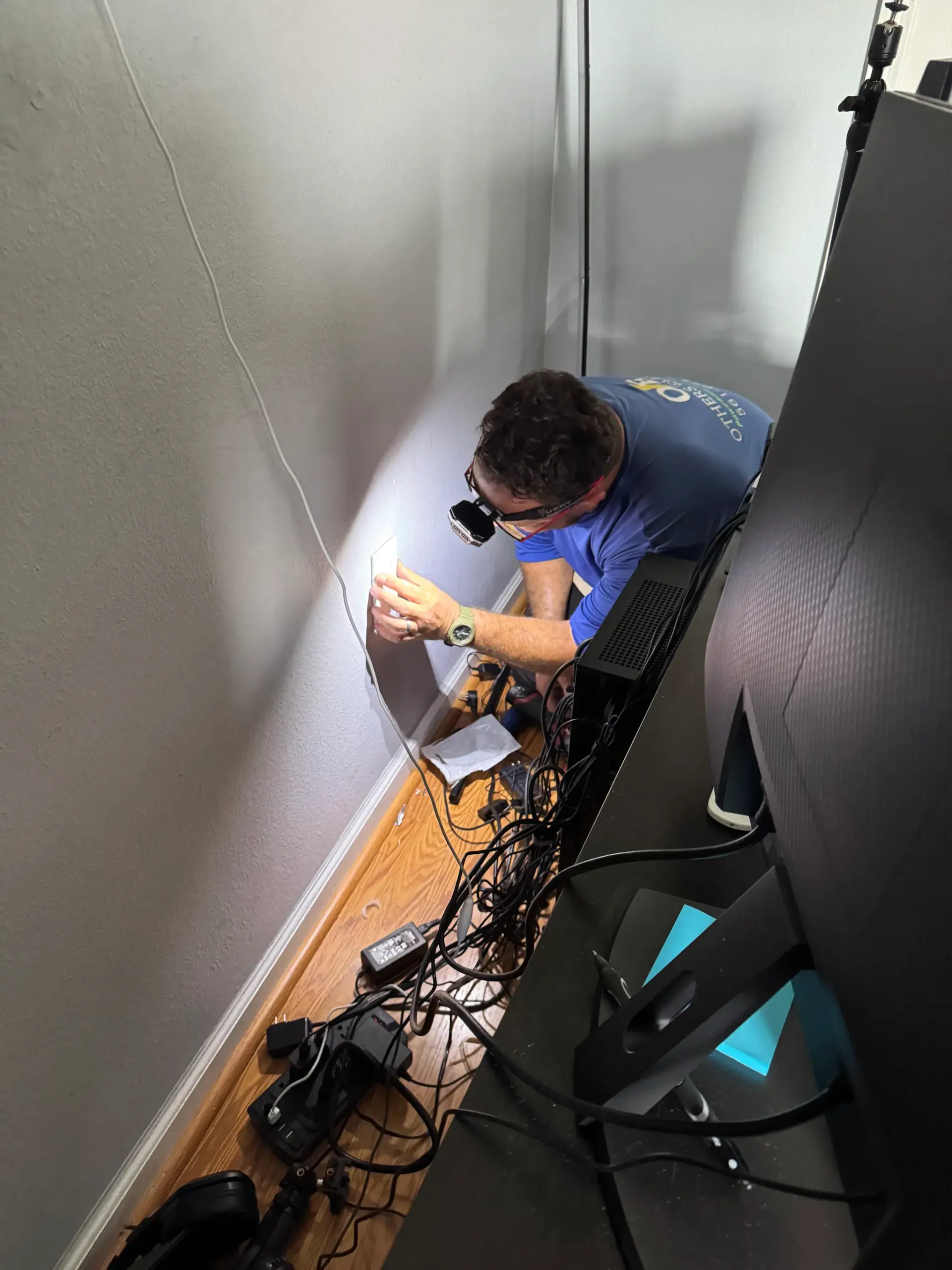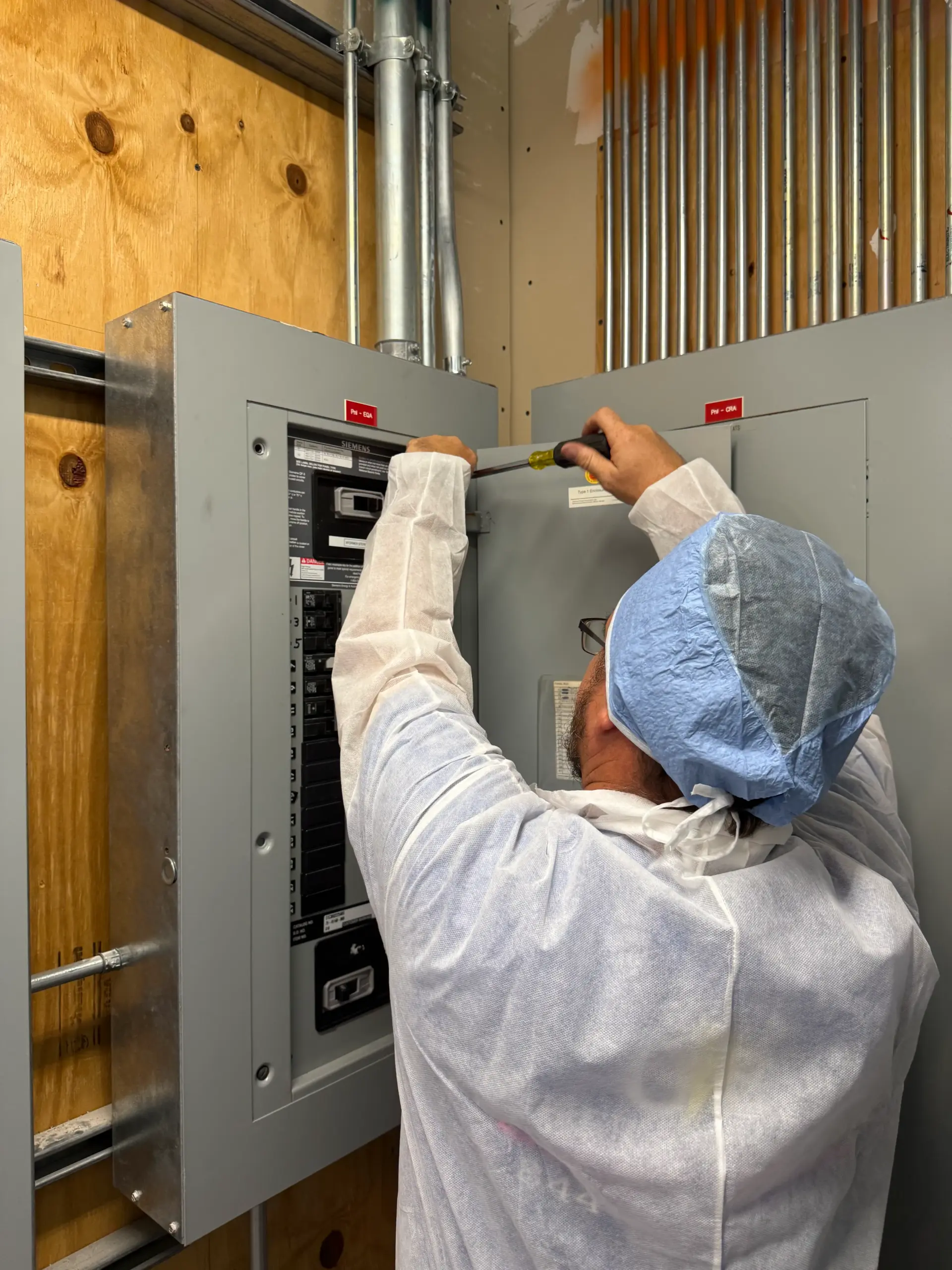In a world dependent on constant power, the question often arises: what is an electric generator? From backup units powering homes during Florida hurricanes to massive industrial machines driving cities, electric generators are indispensable. They are the unsung heroes of modern civilization, ensuring a steady flow of electricity even when traditional sources falter. This article explores the working principles, types, and relevance of electric generators in today’s evolving energy landscape.
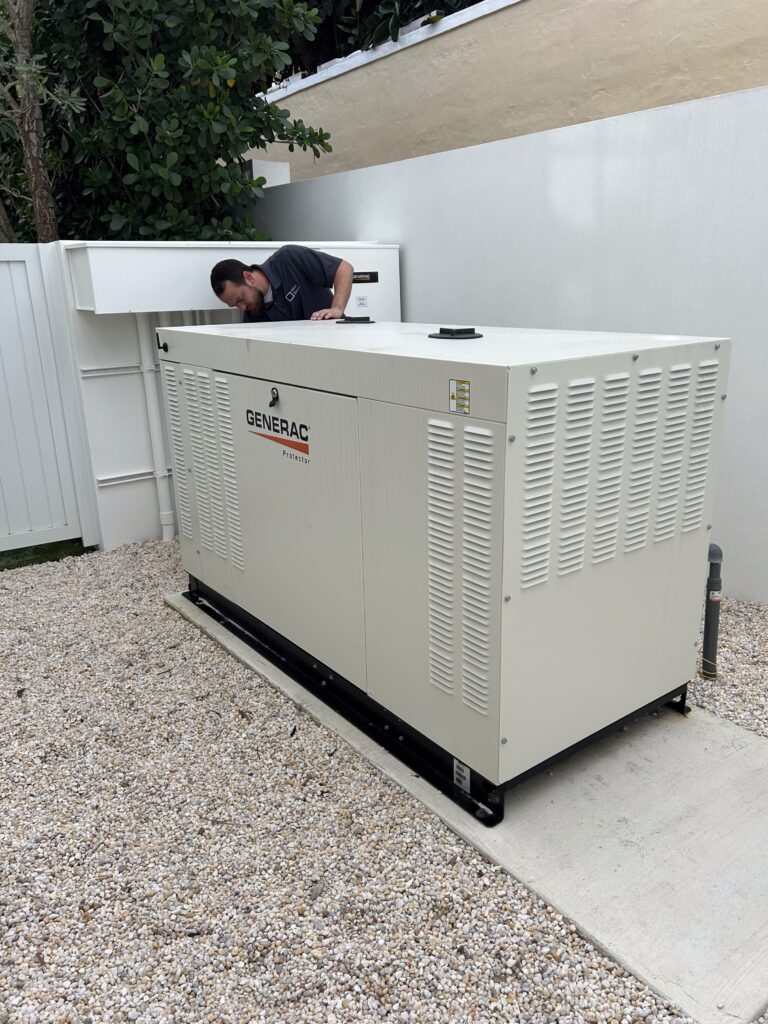
Understanding the Basic Function of a Generator
At its core, an electric generator is a device that converts mechanical energy into electrical energy. It works on the fundamental principle of electromagnetic induction—a discovery made by physicist Michael Faraday in the early 19th century. Faraday found that moving a conductor through a magnetic field produces an electric current.
In practical terms, this means that when the rotor (a spinning magnet or coil) inside a generator moves within the stator (a fixed coil or magnet), an electrical current is induced. This generated current is then conditioned and sent through circuits to power homes, businesses, or industrial operations.
Components of an Electric Generator
To fully grasp what is an electric generator, it’s important to understand its core components. First is the prime mover, which provides the mechanical energy to get the generator started. This could be a gasoline engine, a diesel motor, a steam turbine, or a wind turbine. Next are the rotor and stator—the rotating and stationary parts, respectively. They create the magnetic fields and serve as the foundation for electromagnetic induction.
Equally important is the voltage regulator, which controls the amount of electrical energy the generator delivers. Then there are the cooling and lubrication systems, which prevent internal damage by reducing heat and friction. Finally, the control panel allows users to monitor the generator’s health, output, and performance in real time.
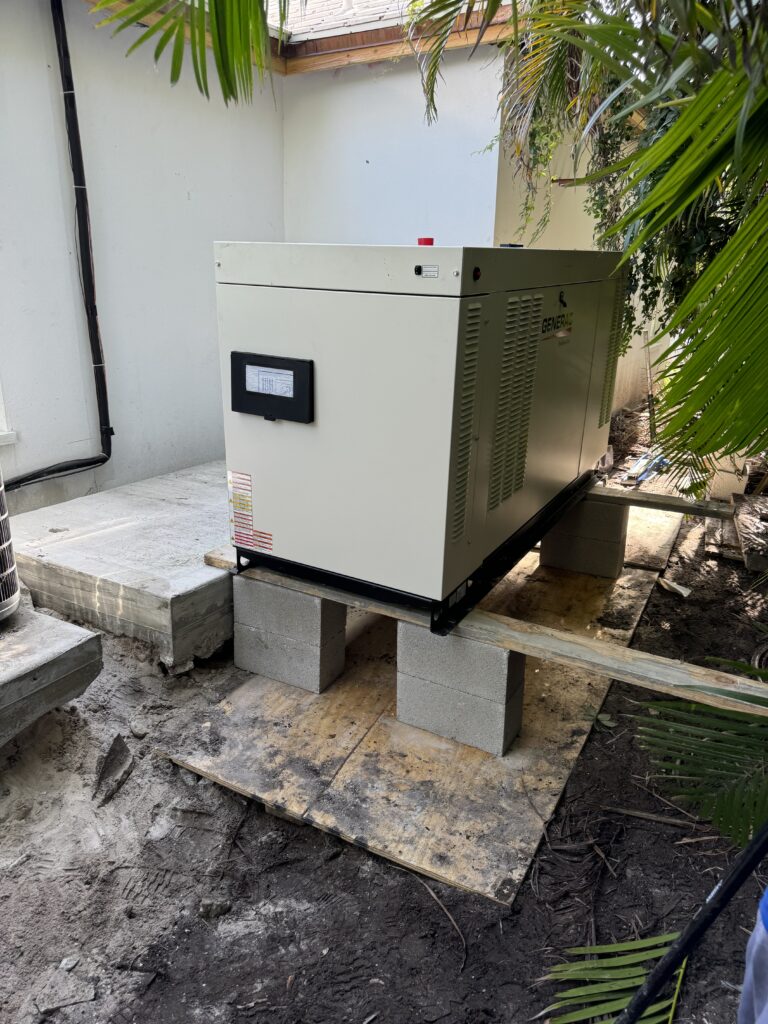
Types of Electric Generators
Generators come in various forms, depending on their purpose, fuel source, and application size.
Portable Generators
Typically powered by gasoline or propane, portable generators are common in residential settings. They’re especially useful during hurricanes and power outages in Florida. These units are designed for short-term use and must be operated outdoors due to exhaust emissions.
Standby Generators
Installed permanently outside homes or businesses, these units automatically activate when grid power fails. Powered by natural gas or diesel, standby generators provide a more seamless power backup solution.
Inverter Generators
Known for their quiet operation and clean energy output, inverter generators are ideal for electronics and sensitive equipment. They produce AC power, convert it to DC, and invert it back to clean AC.
Industrial Generators
These large-scale systems power factories, hospitals, and construction sites. They may run on diesel, natural gas, or even biofuels. Their capacity ranges from hundreds of kilowatts to several megawatts.
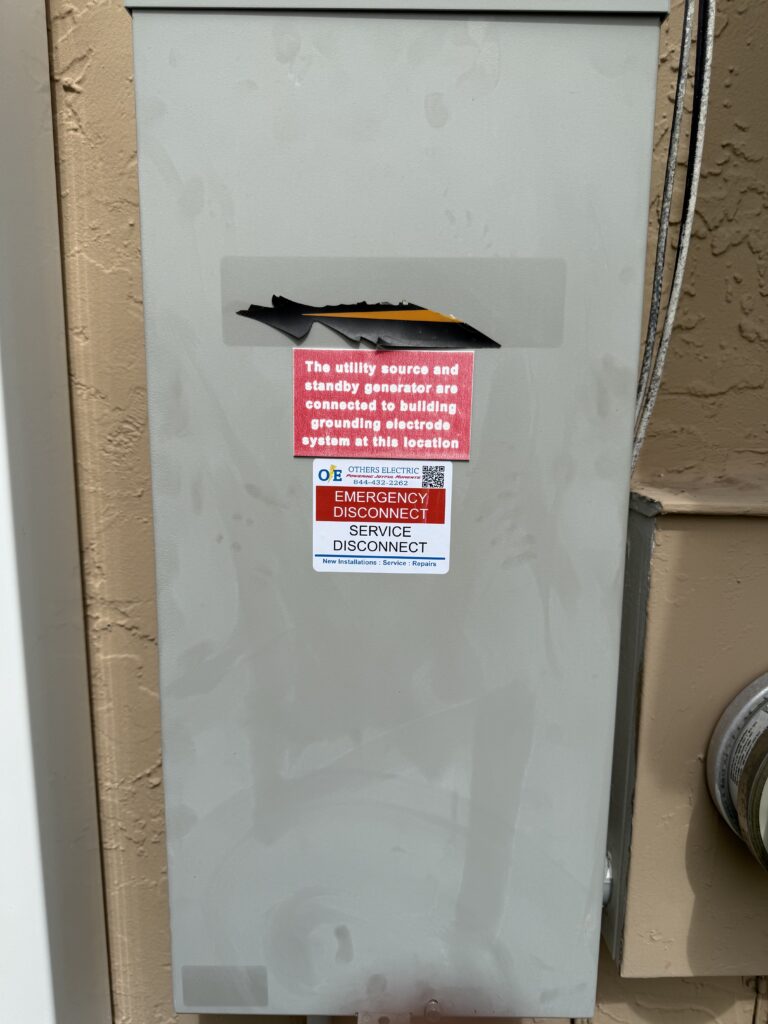
How Generators Are Used in Florida
In Florida, understanding what is an electric generator is vital due to the state’s vulnerability to hurricanes and tropical storms. Prolonged outages are common, making both portable and standby generators essential tools for resilience.
Hospitals, data centers, emergency response centers, and water treatment facilities in Florida are often equipped with industrial-grade generators. Residential homeowners increasingly turn to propane or natural gas standby generators to keep essential systems running.
For safe generator setup and integration, working with a licensed electrician like Others Electric ensures compliance with code and optimizes safety.
Generator Safety and Installation
Proper generator installation is crucial. Incorrect setups can lead to backfeeding—where electricity flows back into the grid, endangering utility workers. To prevent this, generators must be installed with transfer switches that isolate the system.
The Electrical Safety Foundation International (ESFI) stresses the importance of carbon monoxide (CO) safety. Generators should be placed outdoors, away from windows and vents, and should never be operated inside garages or enclosed spaces.
Grounding, load management, and periodic maintenance are also critical for safe operation. Overloading a generator can damage connected appliances and shorten the generator’s lifespan.
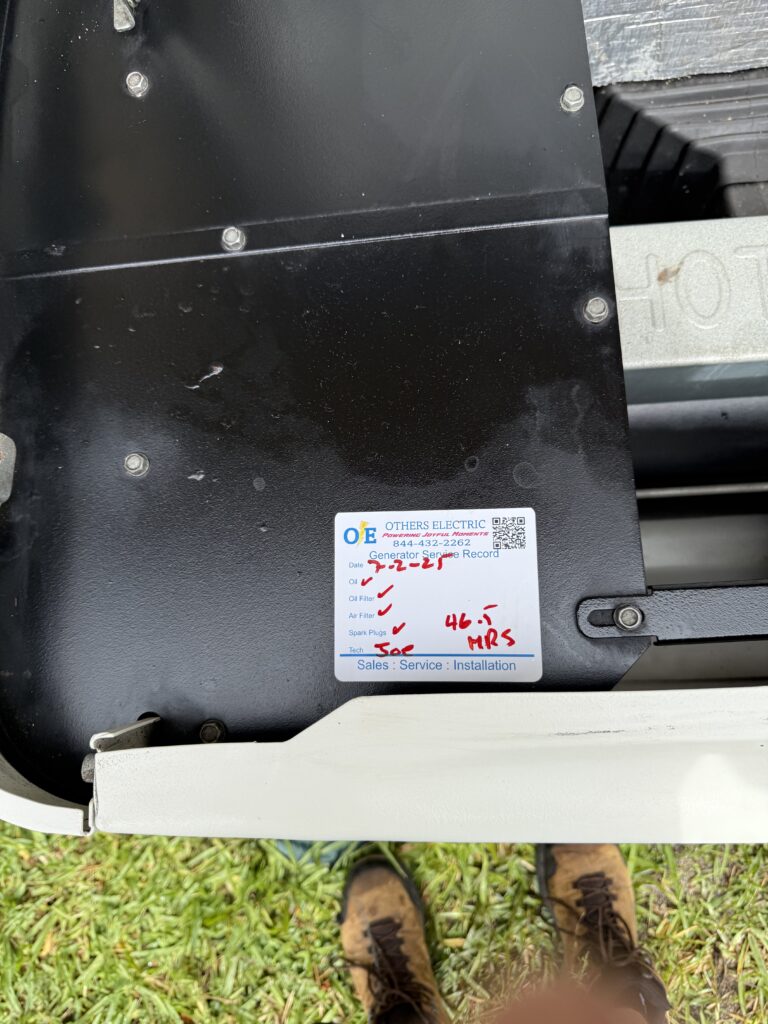
Generators and the Power Grid
In some cases, generators are tied directly into the local power grid—a practice common in commercial and agricultural applications. These grid-tied generators can supplement electricity during peak demand or provide a fail-safe during outages.
Renewable energy systems, such as solar and wind, are often paired with backup generators for off-grid reliability. For example, in Florida homes with solar arrays, a propane generator may activate at night or during cloudy days to maintain power continuity.
Environmental Considerations
Though generators offer reliability, they also present environmental challenges. Gasoline and diesel units emit carbon monoxide and greenhouse gases. Inverter and solar-powered generators offer cleaner alternatives but typically cost more upfront.
New technologies are improving efficiency and reducing emissions. For example, hybrid generators that combine battery storage with low-emission engines are gaining popularity in urban areas and eco-sensitive zones.
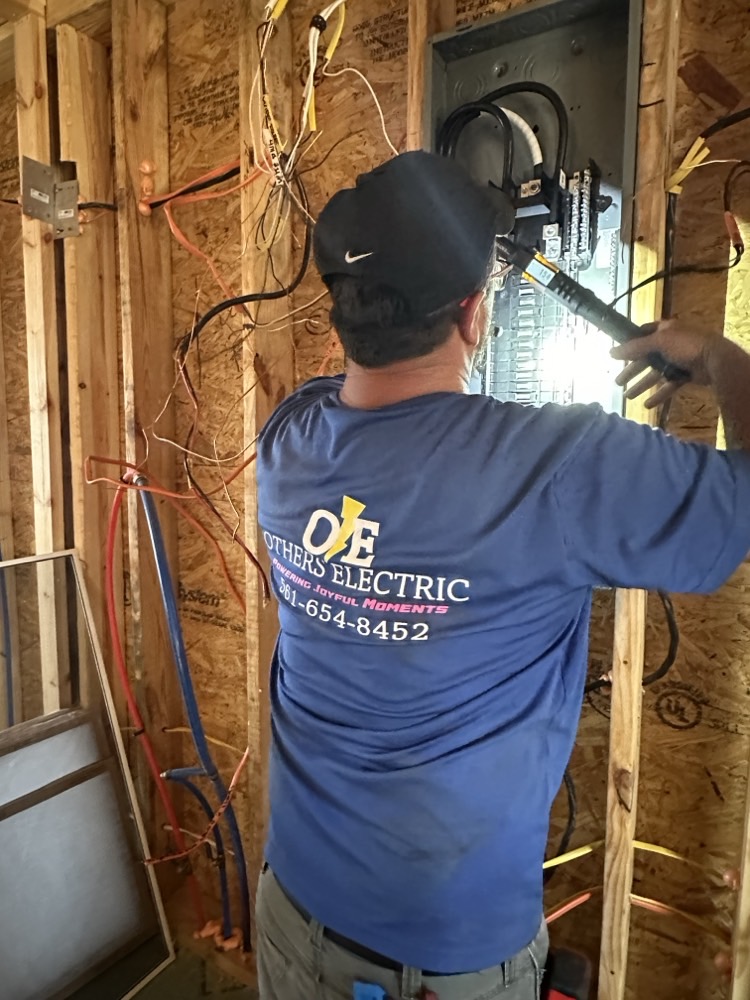
Conclusion
So, what is an electric generator? It’s a critical tool that transforms mechanical energy into electrical energy, ensuring continuity in our increasingly power-dependent lives. Whether it’s keeping your home safe during a hurricane or powering a remote worksite, electric generators offer versatility, security, and control.
For Florida residents and businesses, understanding how generators work—and having them properly installed—is a vital part of storm preparedness and electrical safety. At Others Electric, our licensed electricians provide expert generator consultations and installations that meet your specific power needs.
To learn more about generator safety and technology, visit ESFI or energy.gov.
